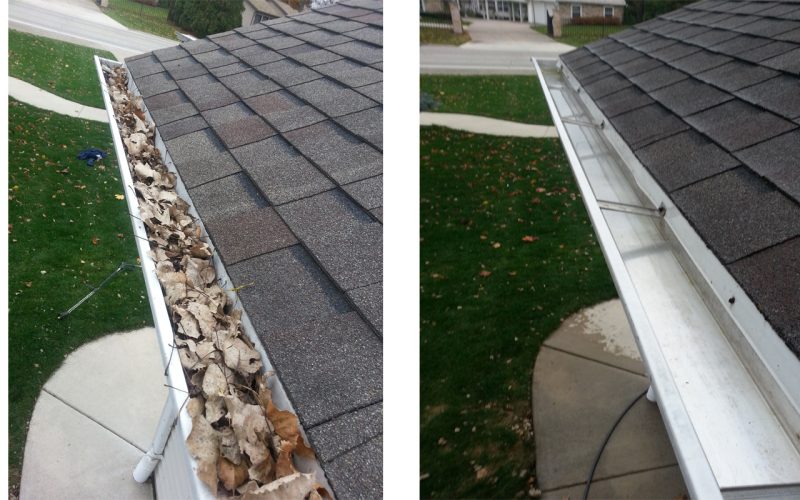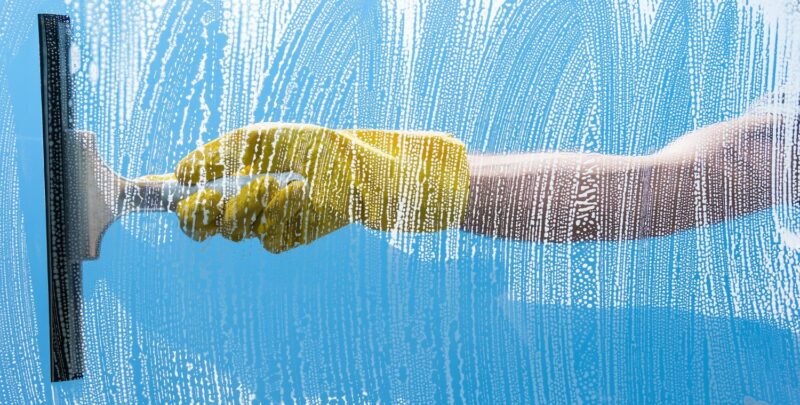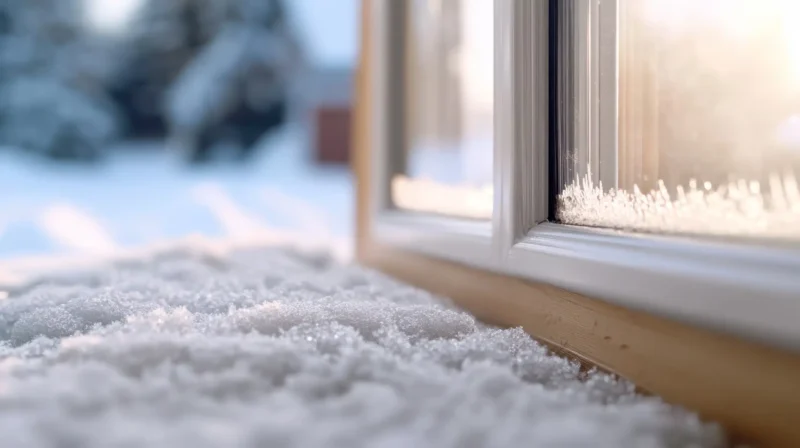Hard water and acid rain can cause a buildup of debris on your window…
When we talk about hard water, we do not refer to ice; in fact, we are not talking about the texture or the strength of the water.
Hard water is water that contains high amounts of dissolved inorganic minerals like calcium, manganese, potassium, etc. It is caused mainly by factors such as; metallic oxidation and acid rain.
Acid rain occurs when water droplets in the atmosphere react with oxides of sulfur and nitrogen that comes from the burning of fossil fuels. It has very low pH values which are not necessarily harmful to humans and contain lots of reactive minerals dissolved in them.
Acid rain can be inimical to plants, the soil, and the seas, but when it hits on surfaces around your home, they fall as hard water. The water droplets then evaporate and leave behind residues of the minerals that were present in them, collecting as debris on the window.
Hard water is highly undesirable on windows and glass because;
They corrode the metallic parts of the window
Most of the minerals contained in hard water are highly reactive minerals. They will react with the metallic parts of the window, and in the presence of oxygen and moisture, they’ll corrode these parts, causing the damage to your windows.
They chip at the window glass
Hard water stains on glass can cause a reaction between the window glass and the minerals in the hard water, causing surfaces of the glass in your window to erode. The reaction also causes dents and scratches on the glass, giving it a dull, murky appearance.
They are difficult to remove from surfaces
Removing hard water stains on the window can be a very difficult task. The highly active nature of these minerals makes them stick fast to surfaces.
All these actions of hard water on our windows cause the damage and eventual degradation of your windows. It is important to rid your window from the debris of hard water.
Getting Rid of Debris From Hard Water
Here are tips to rid your windows and glass of the debris from hard water;
Avoid cleaning with hard water
Cleaning your windows or glass with hard water leads to residue from the hard water coming together to form debris and also staining your glass.
Clean with natural acids and abrasives
Natural acids like vinegar or lemon juice are very effective when removing the debris from your windows. Most times, they can be used along with abrasive materials like baking powder or scouring cleaners.
Use glass shiners
Etching on the glass as a result of hard water can easily be covered with the use of glass polish. This will restore the surface of the glass and make the scratches invisible.
Install water softeners
This helps to rid the water of the minerals that form debris. They should be installed in the plumbing system to ensure the supply of ‘non-stain-causing’ water in the home.
In conclusion, the degradation of window and glass can be prevented entirely by proper maintenance routine for your windows. Do not allow droplets of rainfall to remain for too long around your windows. Clean your windows immediately after rainfall and dry up the water droplets to prevent residuals of minerals after evaporation.




